Universities vital to nation’s health and wellbeing recovery says Dame Katherine Grainger
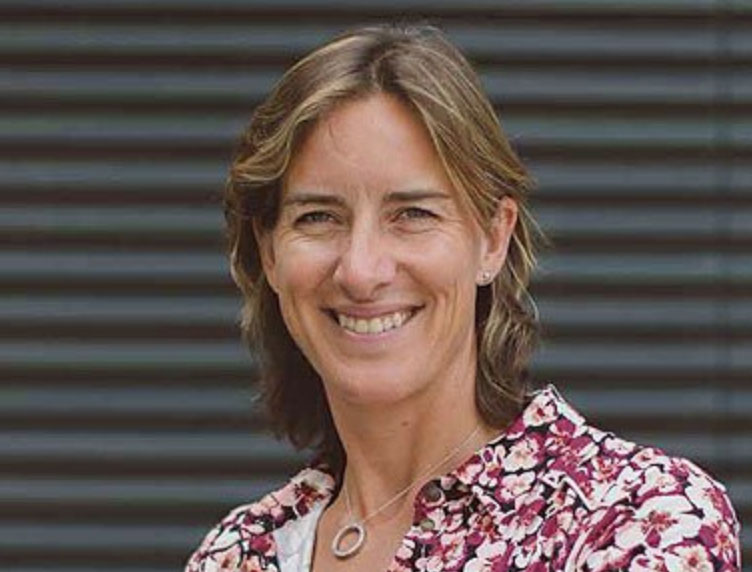
@MadeAtUni campaign highlighting the role of universities in the health and wellbeing of communities across UK
Dame Katherine Grainger believes UK universities are vital to the country’s post-pandemic health and wellbeing recovery, with communities across the UK benefitting from their innovative research and access to their sports facilities.
The University of Glasgow Chancellor and one of the UK’s most decorated Olympians is backing MadeAtUni: Energising Places – launched today by Universities UK (UUK) and British Universities and Colleges Sport (BUCS) to highlight the role universities play in improving lives through sport and physical activity, following concerns over the impact the coronavirus pandemic has had on the nation’s activity levels.
Innovations showcased in the campaign include work by Oxford Brookes University to increase activity levels of children with neurological conditions, and ‘Snacktivity’ – a mobile app developed by Loughborough University to tackle obesity and call for changes to food labelling to highlight the link between physical activity and calories.
The campaign also features partnerships between universities and professional football clubs in their communities, including Edge Hill University in Liverpool and Everton in the Community, and the University of Aberdeen and Aberdeen FC Community Trust.
Dame Katherine said: “Many people know that universities develop some of our greatest Olympians and Paralympians, but there is an untold story about their work in local communities that improves peoples’ lives through sport and physical activity.
“The pandemic has disrupted all areas of life, and our physical and mental wellbeing has suffered a great deal. The role universities play in bringing communities together to get fitter, healthier and happier will be more important than ever in the months and years ahead as we emerge and recover from Covid-19.”
From 2016 to 2018 universities invested £350 million in their sports facilities, and with traditional leisure opportunities threatened by the pandemic’s economic fallout, campuses and university staff are well placed to support government efforts to get the nation active again.
Professor Julia Buckingham CBE, President, Universities UK, added:
“For years universities have been improving the nation’s health and wellbeing through their science, research and community-led projects, including public use of sports facilities. Prior to the pandemic over 80% of university sports facilities were being used by local grassroots clubs, and we want to make it clear to government that universities can help resolve the pandemic’s impact on physical activity levels by filling gaps left by the closure of traditional leisure facilities.”
MadeAtUni: Energising Places is a partnership between Universities UK and BUCS, who represent 90,000 student athletes across the UK. It is estimated that over 725,000 students volunteer in their local communities every year, including many from university sports teams and societies.
Vince Mayne, Chief Executive, BUCS, said:
“Whilst in the last year we may have lost sports competition, we have gained compassion and kindness – all of which are exemplified through students’ significant efforts to support local charities and organisations. They have played a huge part in helping communities across the country recover from the pandemic, and this really highlights how sport is a fantastic tool to bring students together to engage with local communities, volunteering thousands of hours of their time every year.
“Universities too are at the heart of their local community, providing access to great facilities for grassroots to high performance clubs, student coaches for teams, as well as players and athletes competing for their local communities outside of university competition. This facility and workforce element will be absolutely vital as we emerge from the restrictions and people want to return to playing sport. We know there is a huge challenge for community clubs and many will not survive; universities can play a lead role in helping support their communities through this challenge.”
The campaign is taking place between 12–16 July and includes the Club Charity Initiative Award at the annual BUCS Awards, which celebrate the positive effect of student sport and students who participate in the wider sporting sector in the UK:
- Grassroots sports clubs reliant on university sports facilities prior to pandemic
- University facilities set to fill gaps left by closure of traditional leisure facilities following Covid
- The Higher Education sector spent over £350 million in developing sports facilities between 2016–2018 (BUCS and Complete University Guide survey, 2019).
- Almost 33% of university students give a significant proportion of their spare time to volunteering in the community with over 725,000 students volunteering for an average of 44 hours per year (Back Your Universities, 2017).
- 81% of universities’ sports facilities are used by community groups and grassroots sports clubs (BUCS analysis of Complete University Guide data)





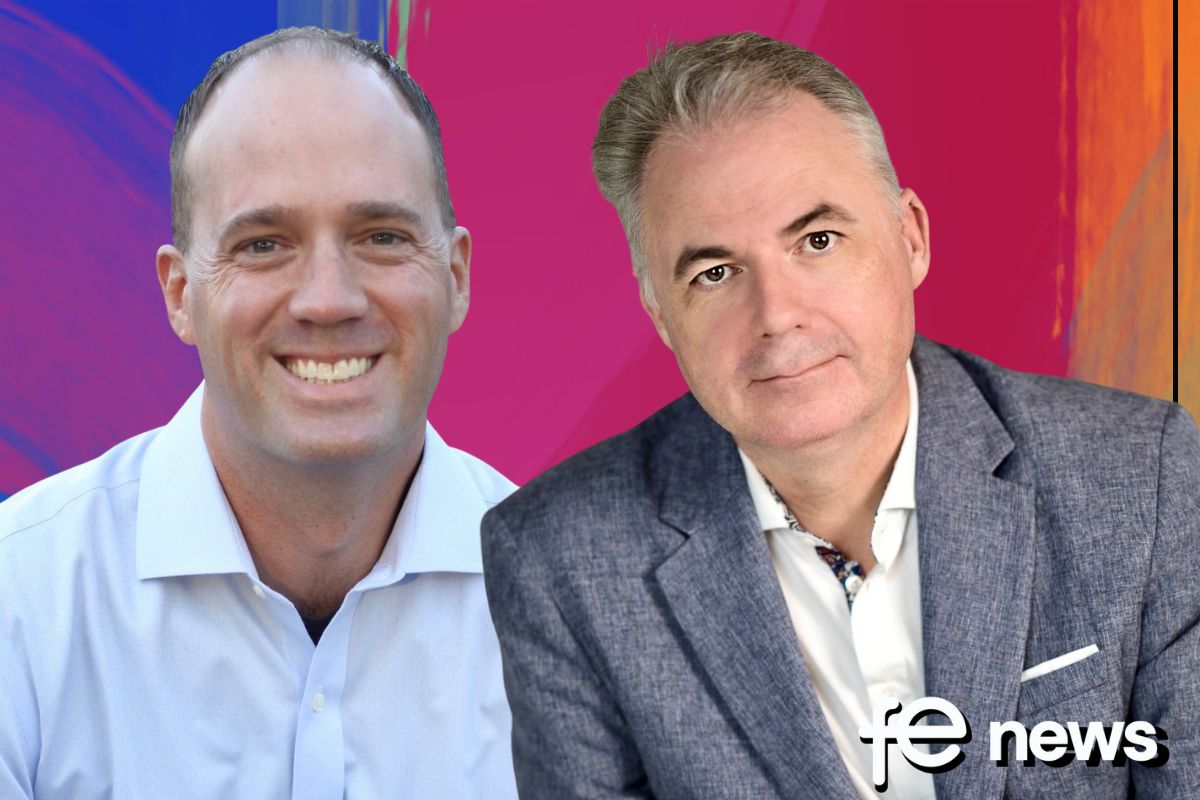
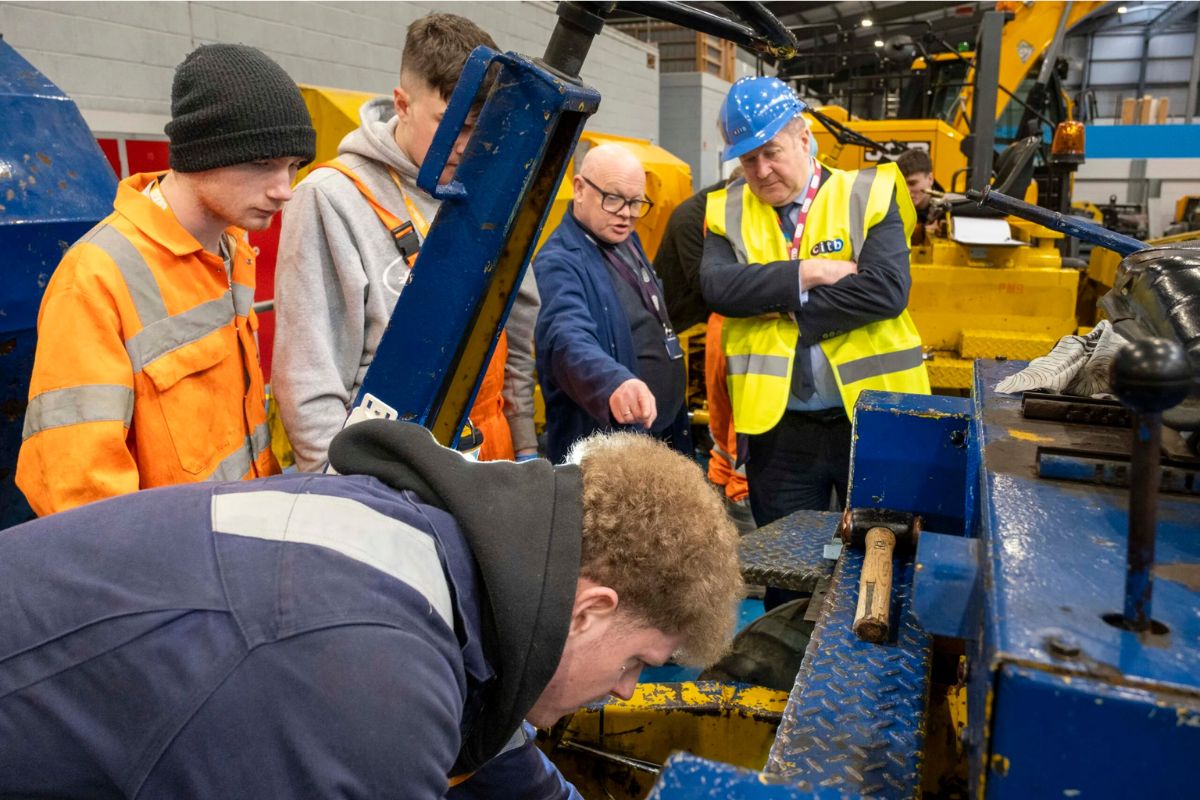
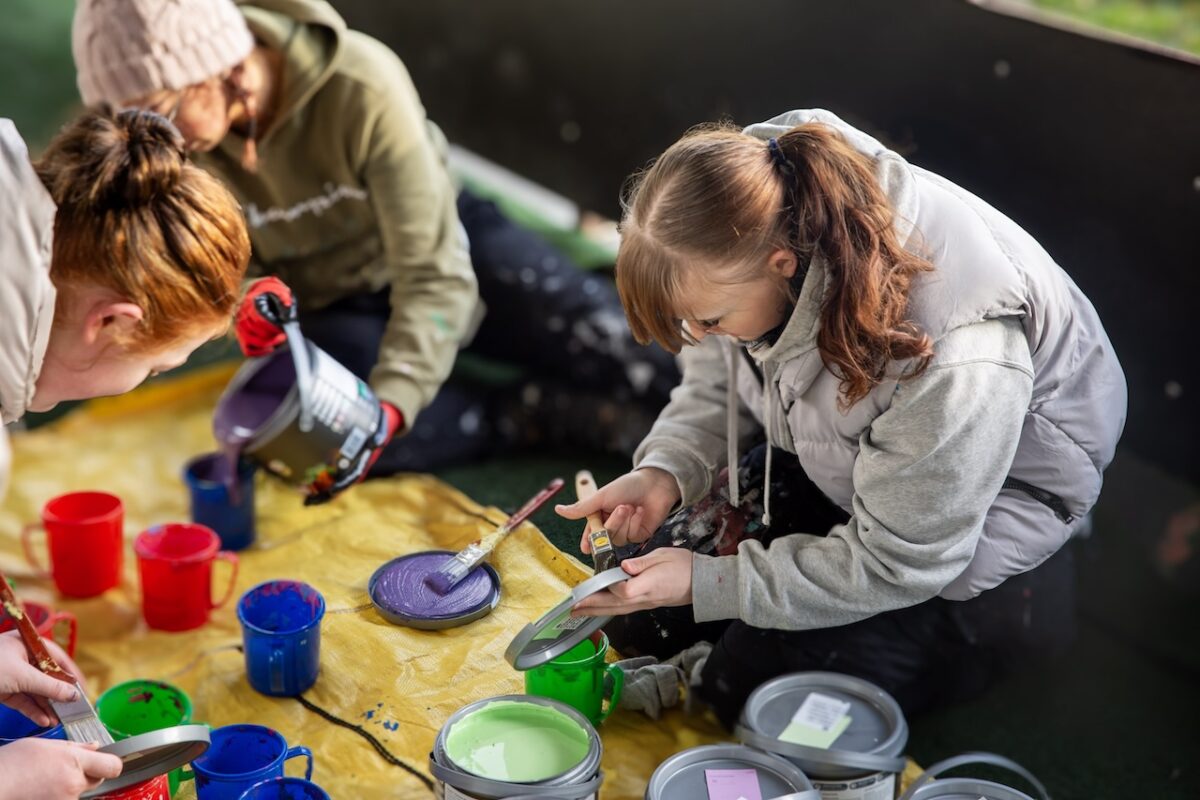

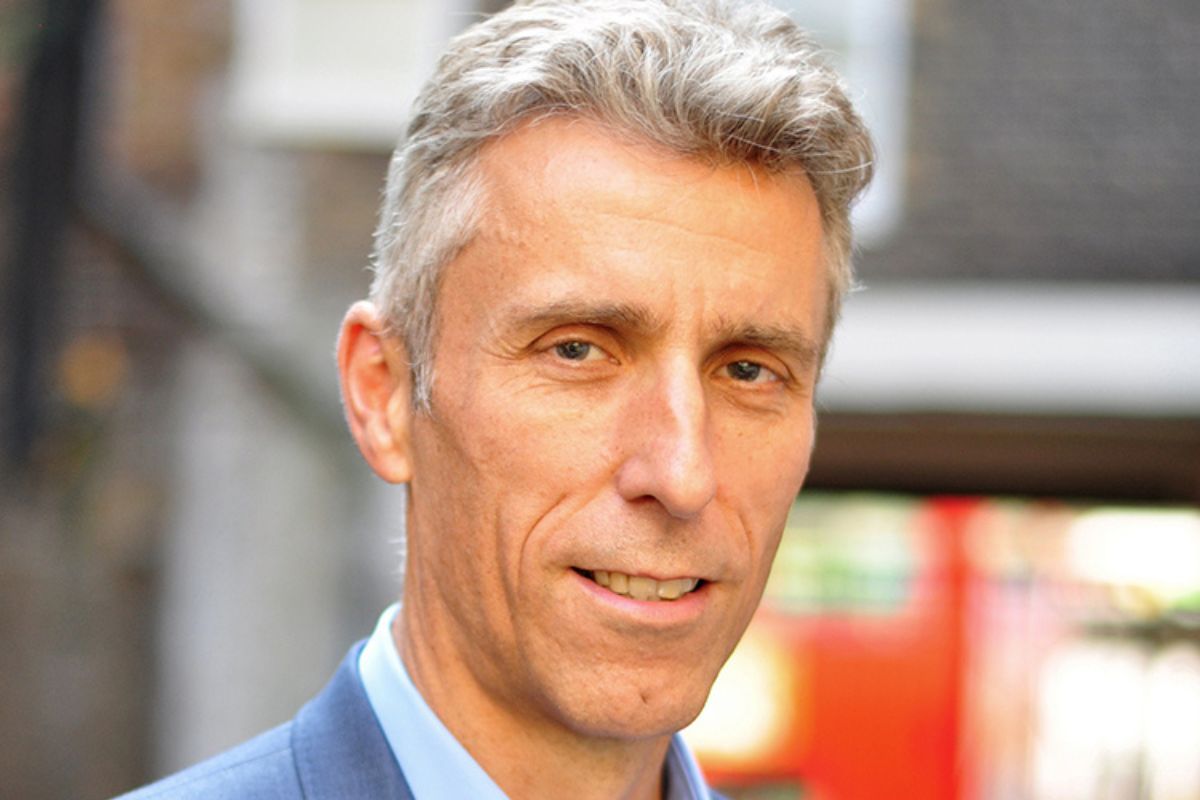

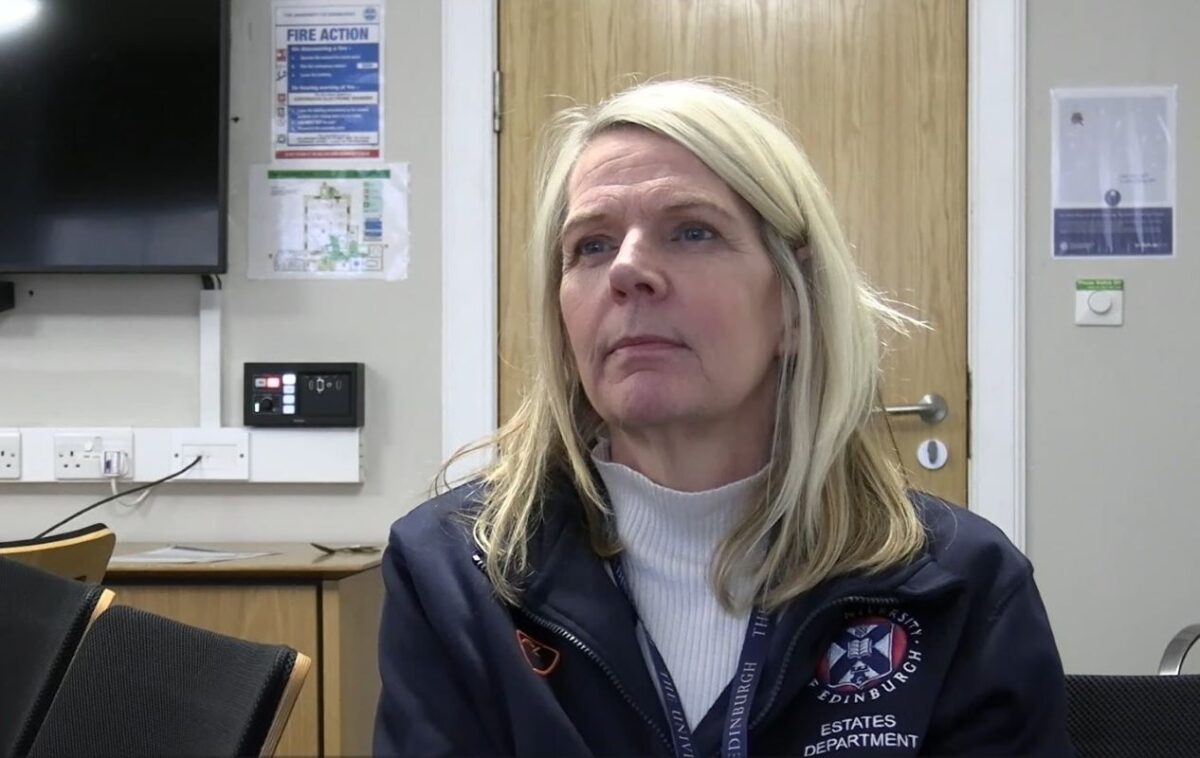


Responses